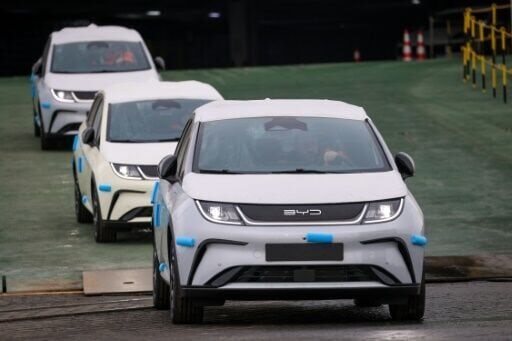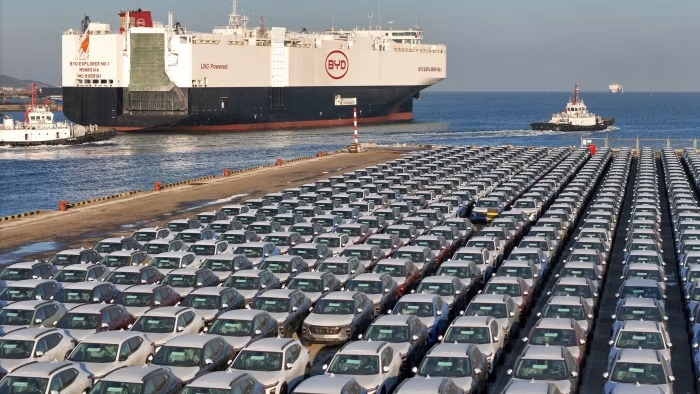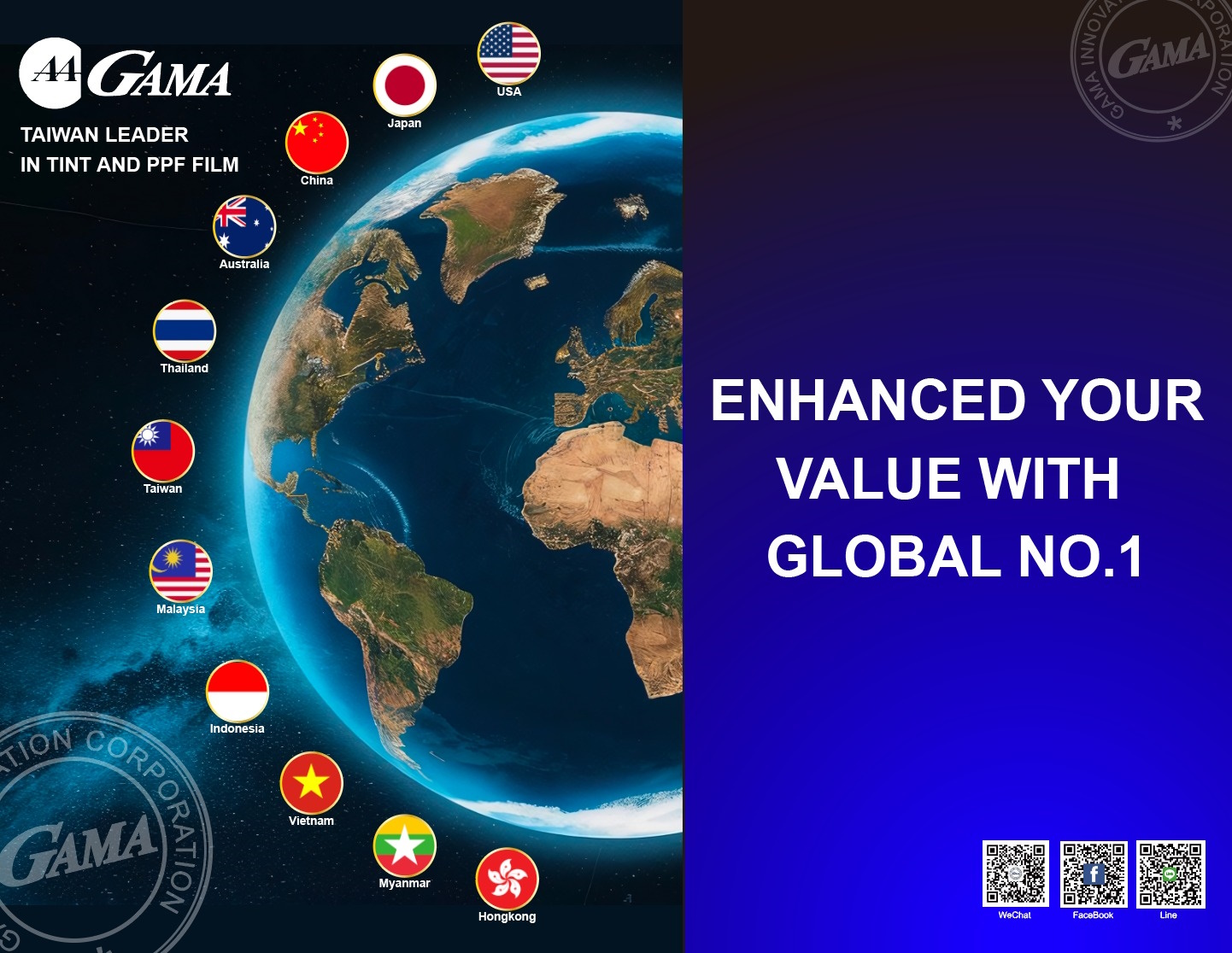- Admin
- Jun 24, 2024
- Buying Guides
- Read: Small Medium Large
Electric Diplomacy: EU and China Talks on the EV Tariff Gap
In a virtual meeting room adorned with digital flags, representatives from the European Union (EU) and China sat down for a high-stakes discussion. Their mission? To defuse a ticking time bomb—the escalating trade dispute over electric vehicle tariffs.
The Origins of Conflict
The saga began when the EU proposed imposing tariffs of up to 38% on Chinese electric cars. Their argument? Chinese EVs enjoyed unfair subsidies from their government, creating an uneven playing field. In response, China accused the EU of protectionism and violating trade rules. The tension simmered, threatening to erupt into a full-blown trade war.
The Candid Call
On a sunny Saturday morning, Trade Commissioner Valdis Dombrovskis and his Chinese counterpart, Wang Wentao, engaged in a candid and constructive call. It marked the first time the two sides had agreed to negotiate since the tariff threat loomed large. The air crackled with anticipation as they discussed the intricacies of EV subsidies, market dynamics, and the delicate balance between economic interests and fair competition.

Frictions Remain
Despite the cordial tone, frictions persisted. The EU remained steadfast in its opposition to how China funded its EV industry. They insisted that any negotiated outcome must address the "injurious subsidization" of Chinese EVs. China, equally resolute, reiterated its disagreement with the EU's stance.
A German Twist
Enter Robert Habeck, Germany's Vice-Chancellor and Federal Minister for Economic Affairs and Climate Action. He joined the conversation, advocating for a peaceful resolution. In a private meeting, China expressed its "firm opposition" to the tariffs, hinting at a potential legal battle at the World Trade Organization (WTO).
The Broader Landscape
Germany, too, had reservations about the tariffs. Volker Wissing, Germany's Transport Minister, warned of a brewing "trade war." The European car industry echoed concerns, fearing fragmentation of global trade. Stellantis, the automotive giant behind brands like Citroën and Peugeot, voiced its disapproval.
The Numbers Game
The proposed charges ranged from 17.4% to 38.1%, depending on the brand and negotiation history. These would stack atop the existing 10% tariff on all Chinese-made electric cars. Meanwhile, across the Atlantic, the US had already cranked up its tariff on Chinese EVs to a staggering 100%.

A Ray of Hope
As the call concluded, both sides vowed to engage further in the coming weeks. The fate of EVs hung in the balance, but perhaps—just perhaps—electric diplomacy could bridge the tariff gap.
---
And so, in the virtual meeting room, pixels danced, algorithms hummed, and negotiators navigated the currents of commerce. The world watched, wondering if EVs would emerge as symbols of cooperation or casualties of conflict.





